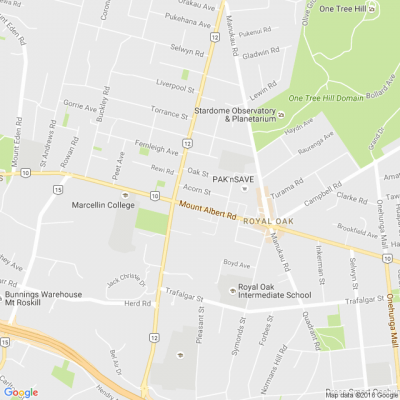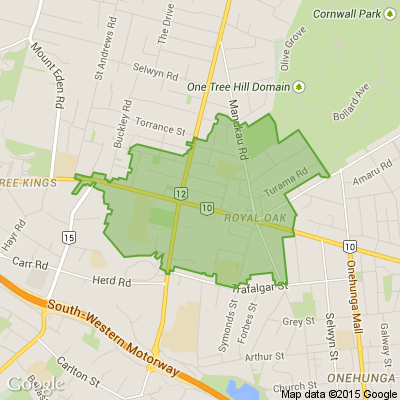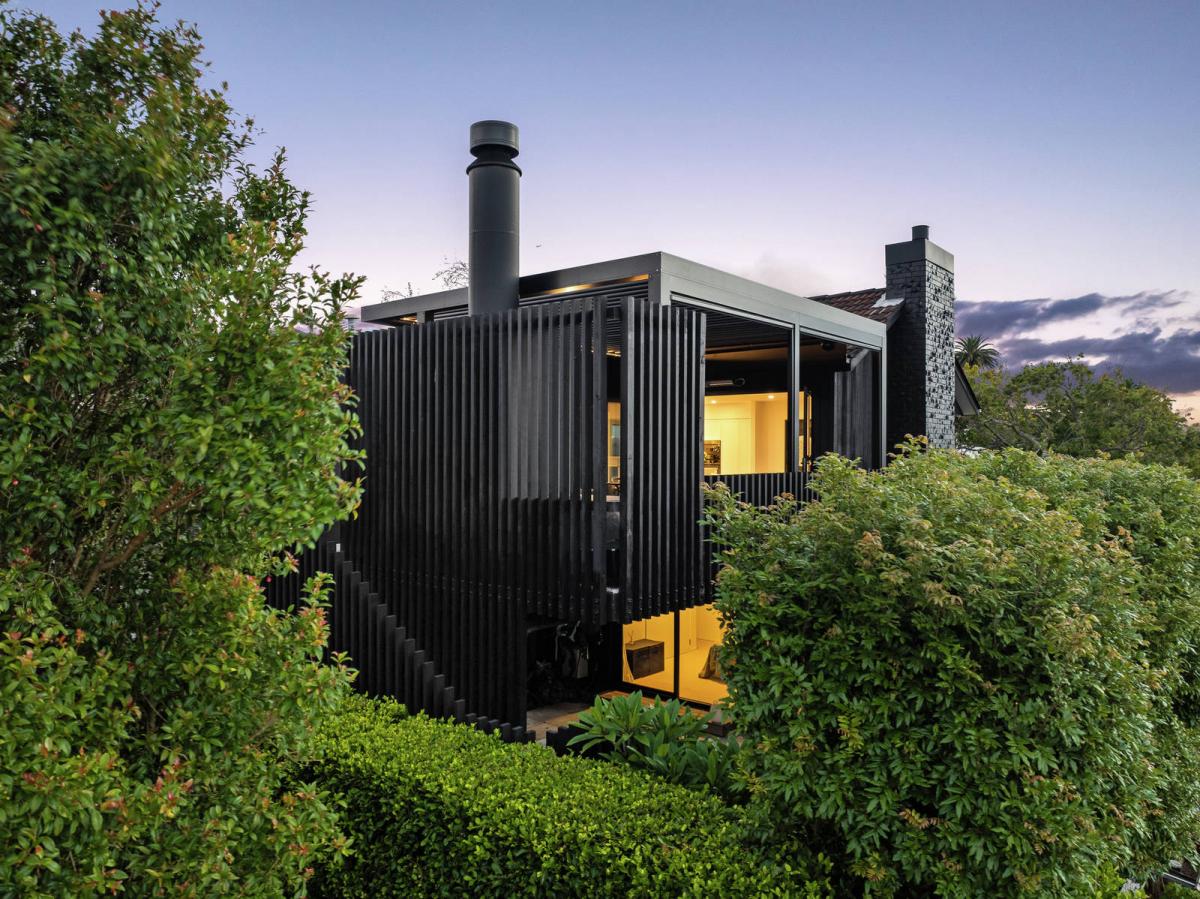Cyclone Gabrielle: What to do if floodwaters hit your house
The cyclone is forecast to start hitting Northland at 1am Sunday, with the full effects likely to be felt on Monday and Tuesday. There are weather warnings in place for Northland, Auckland including Great Barrier Island, Coromandel and Bay of Plenty.
Experts say the cyclone is said to be one of the worst storms expected to hit this century and has now intensified into a "severe category three".
Auckland Mayor Wayne Brown urged Aucklanders last week to prepare for the next big weather event, bringing torrential rain and risk of flooding.
"The direct path of Cyclone Gabrielle is uncertain at this stage, and while we are hoping for the best, we must all be prepared for the worst," Mayor Brown said.
Auckland Emergency Management's Deputy Controller Rachel Kelleher said her team is working with the Mayor's Office and Auckland council to ensure the region is prepared for what Cyclone Gabrielle could bring.
"Our key message for the community is to use the next few days to get ready for what could be another significant event," she said.
Kelleher said Auckland Emergency Management is preparing to open a number of additional Civil Defence Centres across the region for people needing to evacuate.
FENZ Auckland City District manager Vaughan Mackereth's told AM's Ryan Bridge on Friday morning that if you are in your home and see flood waters enter your property to call Civil Defence and report that your property is flooding as soon as possible.
"If your life is in danger, or there is a landslide happening on your property or above you, call 111," he said.
Mackereth also reminded people to stay off the roads, as it reduces the risk of being trapped by flooding or hit by a falling tree.
With a new cyclone on the way, emergency flooding is a serious possibility for anyone no matter the circumstances.
The best way to stay safe during flooding is to be prepared on what you should be doing if it happens in your household, how to keep safe, and where to go during the crisis.
=================================================
Here's a guide on what to do when your house begins to flood:
=================================================
Rising Floodwaters
================
Put safety first, don't do anything reckless or dangerous
Act quickly, and grab important emergency items
Listen to emergency services and local Civil Defence authorities
Self-evacuate if you feel unsafe
Lift curtains, rugs and bedding off the floor
Check on neighbours if it is safe to do so
Home Evacuation
===============
Once people in your household have safely evacuated the premises, call for help.
Your focus during an evacuation should be on you and your loved ones rather than the damage to the house
Turn all electricity and power off
Ensure that no one is still inside when evacuating the property
If anyone is injured or needs help, call 111 to get the recovery process underway
Keep up to date with evacuation sites on Auckland Emergency Management.
What to take with you
==================
A bag to put items in
Phone + Phone Charger
Non Perishable food
Warm clothing
A pair of shoes
Rain Jacket
Bottle of water
Other people from your household
Any important medication
Baby/Pet food
Note: You may want to have this bag already prepared ahead of time
=======================
Moving through Floodwaters
=======================
Never try to walk, swim or drive through floodwater. Many flood fatalities are caused by people attempting to drive through water.
Don't drive through floodwaters
Be cautious of hidden objects if walking through floodwaters
Don't swim as there are potential health risks linked with contaminated water
If possible, stay inside until it is safe to leave
Who to contact
=============
111 Police, Fire and Ambulance
Phone 0800 22 22 00 for urgent flooding issues and assistance.
105 for non-emergencies
=====================================================
It is important to keep up to date with the latest on Cyclone Gabrielle through MetService forecasts as parts or all of these Watches may be upgraded to Warnings, and further areas will likely be added.
======================================================

🧩😏 Riddle me this, Neighbours…
I am an odd number. Take away a letter and I become even. What number am I?
Do you think you know the answer?
Want to stop seeing these in your newsfeed? No worries! Simply head here and click once on the Following button.

Share your favourite main crop potato recipe and win a copy of our mag!
Love potatoes? We will give away free copies of the May 2026 issue to readers whose potato recipes are used in our magazine. To be in the running, make sure you email your family's favourite way to enjoy potatoes: mailbox@nzgardener.co.nz, by March 1, 2026.

MEF NIGHT MARKET 27 FEBRUARY 2026
**AUCKLAND — WHERE ARE YOU HEADING THIS FRIDAY NIGHT? 👀✨**
The **MEF NIGHT MARKET** is almost here and it’s shaping up to be an amazing night! 🎉🌙
🍔 Street food & sweet treats 🍩
🛍️ Stalls packed with bargains
💎 Hidden gems everywhere
👨👩👧👦 The perfect night out with the whānau
☔ Come rain or shine — we’re fully undercover!
Skip the cooking 🙌 bring your friends 👯 bring the kids 🧒 bring everyone — just don’t miss it 🔥
📍 34C Stoddard Place, Mt Roskill
📅 Friday 27 Feb 2026
⏰ 5–10PM
💵 Cash only
See you there! 🎊✨








 Loading…
Loading…




